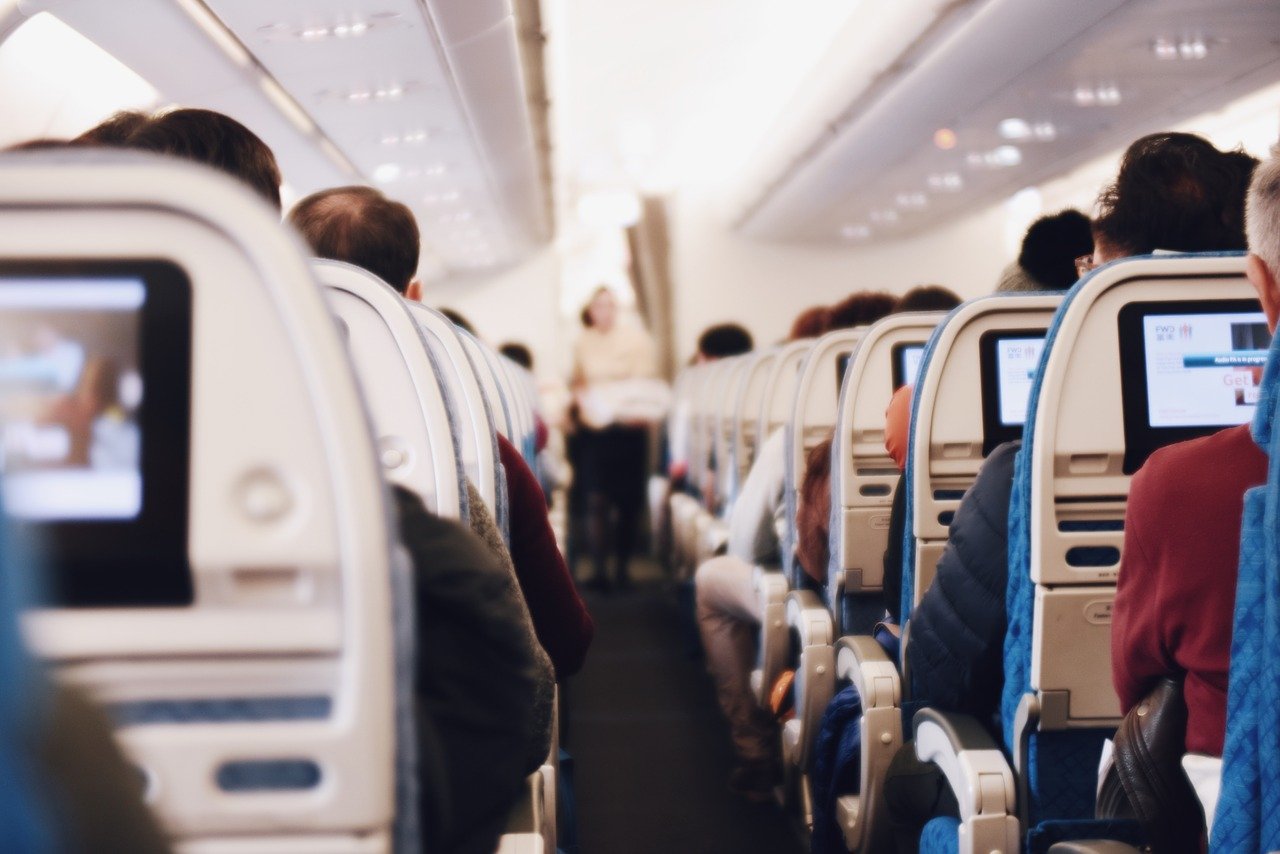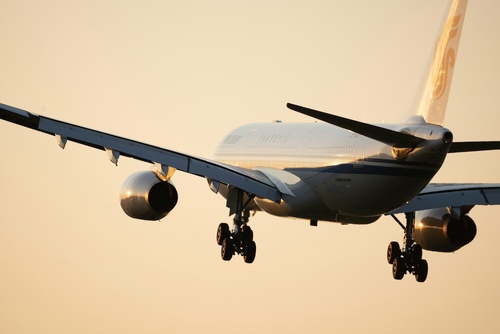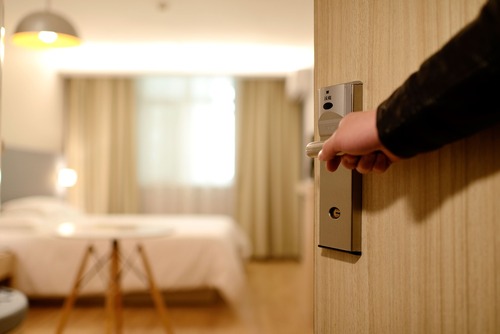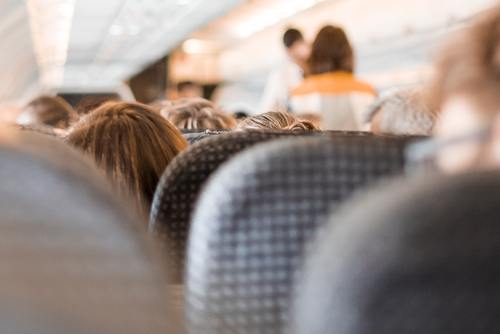What Causes Jet Lag?
Jet lag is generally caused by travelling long distances when you cross into different time zones. This can knock you body clock off its normal patern and jet lag is usually worse when you travel east compared to west.
Symptoms of Jet Lag
Anyone can be affected by jet lag, adults and children. There are lots of symptoms including sleep disturbance, insomnia, feeling tired and fatigued, have difficulty concentrating, stomach problems like constipation and diarrhea, loss of appetite and just not feeling well or your normal self.
How Long Does Jet Lag Last?
Are you wondering “how long does it take to recover from jet lag?” Jet lag is usually a short term issue after travelling long distances into a different time zone, usually lasting a day or two. But for some people it can be really detremental and ruin a trip leaving you drained and not being able to function normally for a longer period. It really depends on your age, body and distance travelled. Generally, the further and longer you travel, the more of a challenge jet lag can be.
Top 10 Tips How to Beat Jet Lag
There are lots of ways to help avoid and make jet lag less of a problem, here are our top recommendations:
1. Get Plenty of Sleep Before Traveling
Starting your travels while sleep deprived can only make things worse. If you know exactly when you are departing, make sure to do everything you can to get enough sleep a few days before. Create a cozy atmosphere in your bedroom, remove any noise, bright lights and rearrange your furniture if needed.
What is more, make sure you have a comfortable mattress which isn't too old. This might sound an obvious bit of advice but by buying new, you will likely improve your sleeping habits. You can check out some recommended mattresses here: mysleepbot.com/best-mattress/.
Also at least 24 hours before the flight, make sure to get fully rested, so clear out your schedule and get plenty of sleep.
2. Exercise Before, During & After Flying
Before departing, you’re probably going to be busy preparding for your trip, but don’t make that an excuse to not exercise.
By doing your regular exercise before flying you will see many benefits. Research shows that exercising can improve your quality of sleep, so if you tire yourself out you will manage to get enough sleep before departing and even squeeze in a nice nap during the flight.
When on-board try to keep moving and go for lots of walks to keep your circulation working well. On arrival, you might just want to sleep, but try to keep active. This is one of the best ways to stay healthy when you travel.
3. Choose Your Airline Carefully
Some airlines have really modern fleets of planes using high-tech air humidification/purification systems which help the air to retain moisture and also LED lighting systems which use millions of shades of colour to help your body adjust to times of the day/night.
4. Try to Upgrade
If financially possible, try to upgrade from economy to first or business class. The extra space, possibly even a bed, or private cabin will really help you to sleep better whilst flying.
5. Stay Hydrated
Staying hydrated is always important, but it is even more important when it comes to beating jet lag. Make sure to drink plenty of water and fruit juices before, during and after your flight in order to avoid dehydration due to dry cabin air. This is important because dehydration can make all of the jet lag symptoms worse.
6. Avoid Caffeine and Alcohol
Be sure to avoid caffeine and alcohol when flying because they can dehydrate you and negatively affect your sleep.
7. Eat Light
Since you’re probably going to spend more than just a couple of hours on the plain, your digestion can slow down due to a lack of moving around. However, there are ways to keep things moving when flying.
Make sure not to overeat before departing in order to keep the stress away from your stomach. Also, while in the plane, don’t eat too much and you will avoid sluggish digestion and the “jet bloat” (our bodies tend to become gassier during flying). When choosing your food, pick moist foods that are warm and make sure to avoid bread, crackers and cold desserts. When it comes to liquids, like said drink plenty of water and stick only to that.
8. Break Up a Journey
If you are going to be flying long-haul to Australia from the UK, try to have a stop off for a few days. For example, you could spend a few days in Bangkok or Singapore. This is recommended if you are also travelling with children as non-stop flights can be a challenge with little ones. Check out these tips for flying with children for more recommedations.
9. Adjust to Your New Time Zone in Advance
In order to prepare your body for a new time zone, you should “practice” for it and adjust to a new sleep schedule. If you are traveling east, make sure to go to bed one hour earlier every night for a couple of days pre-travel.
However, if you’re traveling west, go to bed one hour later for a couple of days in order to adjust. Also, if it’s possible, you should try and eat meals closer to the time you’ll be eating them at your new destination in order to fully synch your body.
Another, a bit more extreme tactic, is setting your watch to the time zone you’re heading into. You can even download apps that will help you adjust to a new sleep schedule a few days ahead and your travel will be much easier as well as enjoying the destination in a new time zone.
10. Arrive in Daylight
Try to book flights which arrive in the morning or afteroon. Daylight and the sun automatically make you feel better and help your body adjust easier to your new destination and time zone. Arriving at night, especially in a strange place, can be quite disorientating.
If you are a regular traveller, you probably already know how tough jet lag can be. Hopefully though, our tips will help you to combat it on your next trip. Do you have any recommendations for avoiding jet lag or making it easier to get over? Let us know in the comments section below.
























